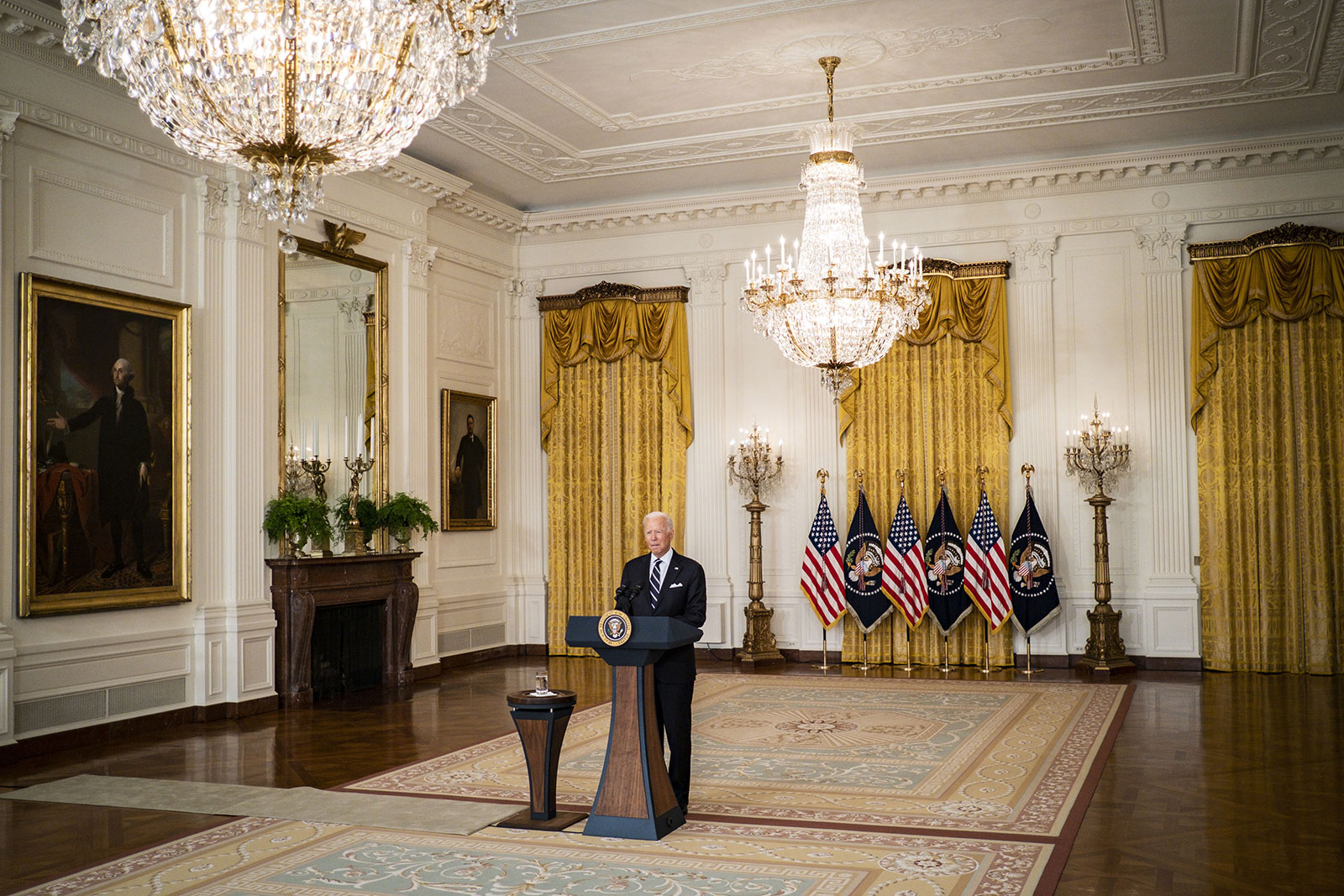
Dr. Paul Offit, a member of the US Food and Drug Administration’s Vaccines and Related Biological Products Advisory Committee, told CNN he thinks the decision on whether to offer Covid-19 vaccine boosters to the general public is being rushed because of a target date set by the Biden administration.
“This is a big decision, and I don’t understand why it has to be rushed. I don’t understand why we can’t spend more time looking at data,” said Offit, the director of the Vaccine Education Center at Children's Hospital of Philadelphia and an infection disease specialist at University of Pennsylvania.
“Why did we see the New England Journal of Medicine study essentially the day before (the) meeting? I think the rush is that the date was set by the Biden administration – the Biden administration gave a date and now we’re scrambling to meet that date. I think it should have taken more time.”
On Wednesday evening, the New England Journal of Medicine published three reports that support the argument that people may need a booster dose of Pfizer/BioNTech’s Covid-19 vaccine over time, and suggest such boosters would be safe.
Biden administration officials last month announced a plan to provide booster shots for people vaccinated against Covid-19 starting the week of Sept. 20, pending sign-off from the FDA and the US Centers for Disease Control and Prevention.
The FDA’s advisory committee meets today, and the CDC’s Advisory Committee on Immunization Practices is scheduled to meet next week.